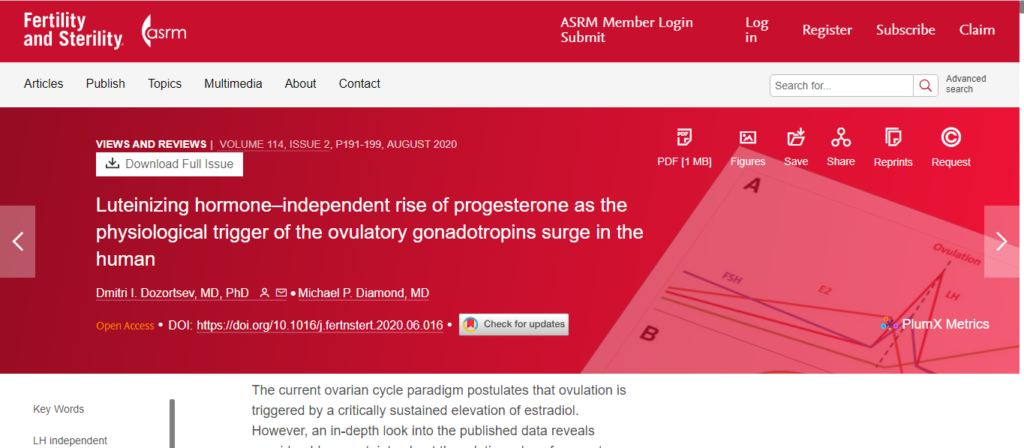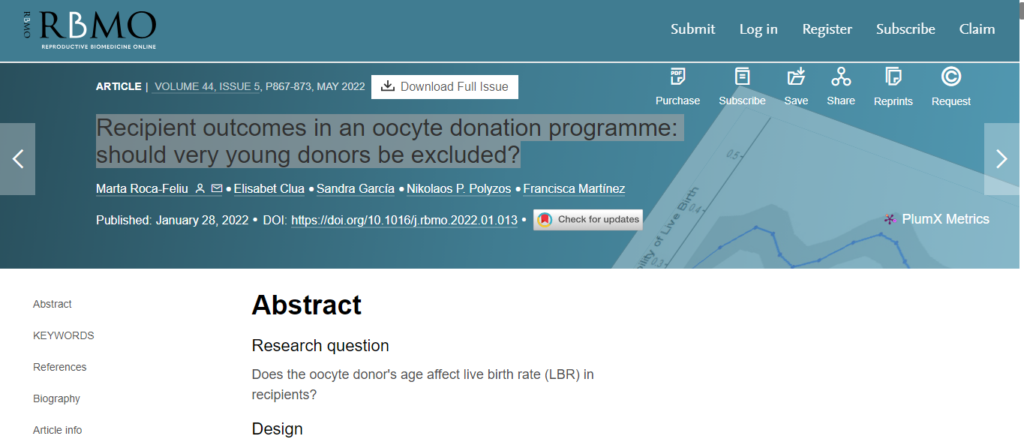Deciding whether or not to continue antidepressants during your pregnancy is a personal decision. But your fertility specialists are here to support you.
Antidepressants can help individuals to lead happier, healthier lives. According to a study from the National Center for Health Statistics, the number of US residents using antidepressants grew between 1999 and 2014 by 65 percent. The study also found that women (16.5 percent) are twice as likely as men (8.6 percent) to take antidepressants.
For the many women struggling with depression, deciding whether or not to hit pause on antidepressants when trying for a baby is a tricky decision. Pausing treatment can impact their own health, as well as the health of their unborn child. To help with this difficult choice, here are a few things to keep in mind.
Examining the Link Between Depression and Fertility
A commonly asked question is whether or not selective serotonin reuptake inhibitors, also known as SSRIs — a common class of antidepressants — can impact fertility. While the connection between fertility and antidepressants has yet to be examined in a dedicated research setting, several smaller studies have begun to lay the groundwork.
In the spring of 2019, Dr. Christie Sylvester, along with several colleagues from the University of Pittsburgh Medical Center, examined 16 of these studies and published their findings in a paper for the Harvard Review of Psychiatry. Of the studies reviewed, seven examined the impact of antidepressants on couples undergoing infertility treatment (IVF). Six of the seven studies found no significant association between SSRIs and treatment outcomes, and, three observed a trend toward reduced fecundability. One study found treatment actually increased pregnancy rates.
Other studies have questioned the role untreated depression and anxiety can have on fertility and IVF in particular. One Swedish study found that while women who took antidepressants before IVF had slightly reduced odds of pregnancy and live birth, those who had depression and/or anxiety and weren’t treating it with antidepressants experienced a more pronounced drop in odds of pregnancy.
The Risks — and Benefits — of Taking Antidepressants During Pregnancy
When it comes to taking antidepressants during pregnancy, every woman’s choice should be based on her unique situation and what feels right for her and her baby. Without compelling research, there is no right or wrong answer.
Additionally, there have been few conclusive studies about the risk of taking antidepressants while pregnant. In certain cases, risks associated with antidepressant treatments have included birth defects, heart defects, and preterm birth — but the likelihood for these conditions are relatively low.
Some women with mild depression or women who have been symptom-free for six months may choose to forego their depression medication during pregnancy. But changing your drug regimen, it’s always best to consult a medical professional. Women who do come off antidepressants should try to maintain healthy routines that include exercise and regular psychotherapy.
It’s important to remember that depression during pregnancy can bring its own set of consequences. Depression during pregnancy has been linked to preterm birth and low birth weight in some cases. In addition, untreated depression could lead to riskier behaviors, including poor diet, missed doctors’ appointments, and alcohol consumption. By treating their disorder, many women are protecting their mental health so they can be there 100 percent for their child.
Making the Decision That’s Best for You and Your Baby
If you suffer from depression and are having trouble deciding whether or not to continue your antidepressant treatment during pregnancy, consult an expert. It’s important to work with your doctor and psychiatrist to make a decision that feels right for you and your baby.
Regardless of your choice, you can rest assured that depression doesn’t have to mean putting your dreams on hold. Every day, pregnant women who struggle, or have struggled with depression, give birth to healthy, happy babies.
To learn more about antidepressants and your fertility, contact a specialist today.



